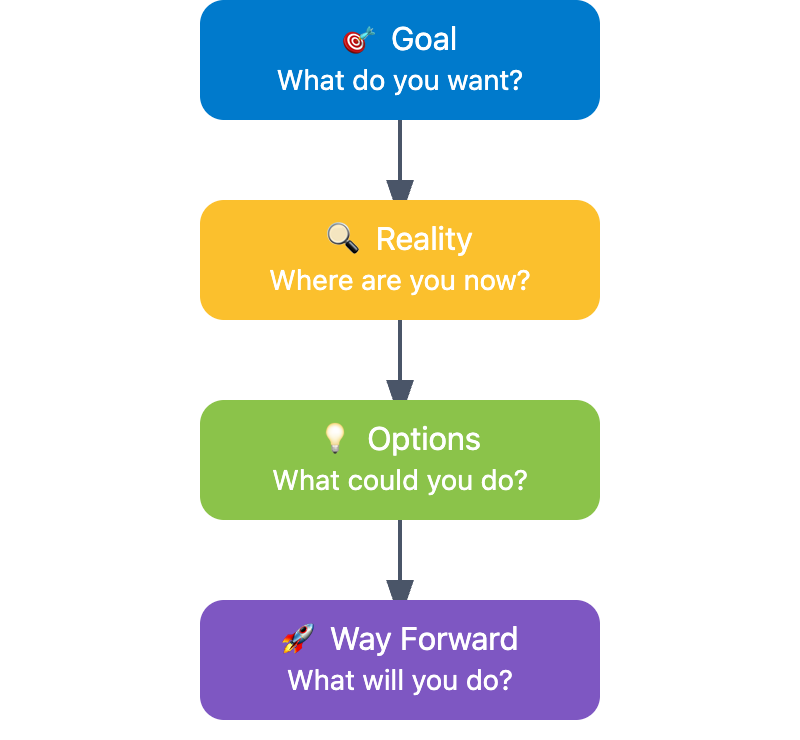As a coach, your primary role isn’t to provide solutions, but to help your team members develop their own. When someone comes to you with a tough decision or competing priorities, resist the urge to jump in with advice. Instead, use open-ended questions to guide their thinking. For example, rather than saying, "You should do Task X first," try asking, "What factors are most important as you consider your options?" This approach encourages critical thinking and helps your team build the skills they need to navigate challenges independently.
Trade-offs are inevitable in any fast-paced environment. It’s in these moments—when not everything can be done at once—that true ownership emerges. When your team faces tough choices, prompt them to weigh the consequences and consider the impact of their decisions. For instance, you might ask, "If you focus on Task A, what might be delayed or need support?" or "What are the potential risks and benefits of each option?" By supporting your team as they make these decisions, you help them take responsibility for outcomes and learn from the process, rather than simply following orders.
Difficult decisions can be stressful, especially when the stakes are high. In these moments, your presence as a coach is crucial. Stay calm, listen actively, and create a safe space for your team member to explore their options. Your support and confidence in their ability to choose will help them feel empowered, even when the path forward isn’t clear. Remember, helping someone decide builds more confidence than deciding for them. By guiding them through the process—rather than taking over—you reinforce their ownership and help them grow as decision-makers.
To develop these coaching skills, you can use the GROW framework—a simple, effective structure for guiding conversations around tough decisions and trade-offs:

Try using the GROW framework in your next coaching conversation. Focus on asking questions at each stage, rather than providing answers. This will help your team member clarify their thinking, weigh trade-offs, and take ownership of their decisions.
Here’s a sample dialogue that demonstrates these coaching skills in action:
- Jessica: I’m feeling overwhelmed. I have the quarterly report, the client presentation, and onboarding the new team member all due this week. I’m not sure what to tackle first.
- Ryan: That’s a lot to juggle. Of these, which do you think will have the biggest impact if completed on time? (Goal)
- Jessica: Probably the client presentation. It’s a big opportunity for us.
- Ryan: What’s making it challenging to get everything done? (Reality)
- Jessica: There just isn’t enough time for all three.
- Ryan: What are your options for handling the other tasks? (Options)
- Jessica: I could ask Dan to help with onboarding, and maybe push the report to next week.
- Ryan: That sounds like a solid plan. What’s your next step, and how can I support you? (Will)
In this exchange, Ryan uses the GROW framework to help Jessica clarify her priorities, weigh trade-offs, and take ownership of her next steps. This approach builds confidence and accountability, especially when the decisions are tough.
As you move forward, remember: your coaching presence, especially in moments of trade-off and uncertainty, is what helps your team grow into confident, capable decision-makers.
